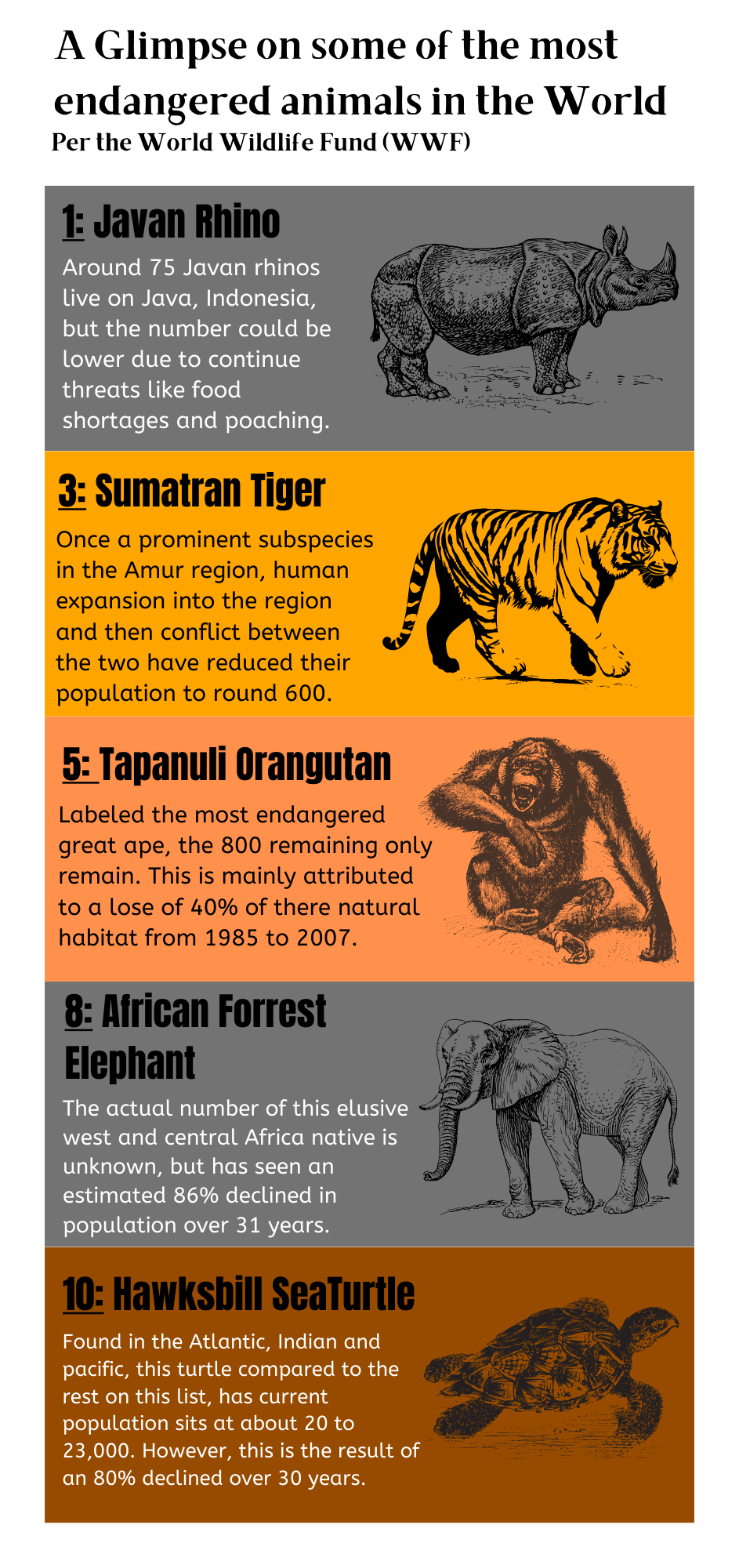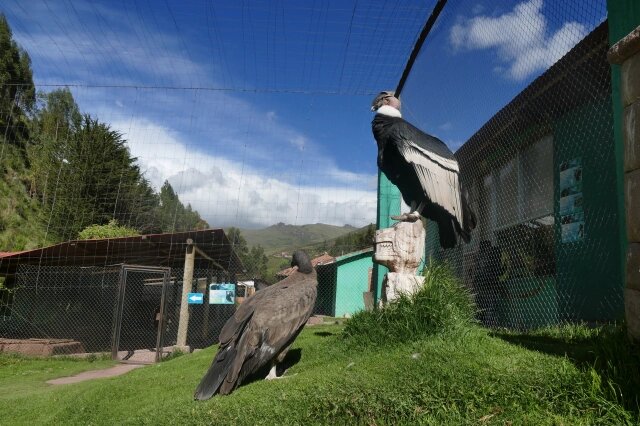So, there are plenty of reasons to leave a place like Australia—or wherever you’re from—but why should you travel instead of just staying in a place you’re comfortable in? I asked myself the same question before my first trip, and I still ponder it as I prepare for future travels. Whether it was exploring Southeast Asia last year or moving to Australia for school, stepping out of my comfort zone has completely transformed my perspective on, frankly, a lot of things.
Traveling allows you to experience cultures in ways that simply aren’t possible at home. It’s about seeing life through someone else’s lens—understanding how they live, eat, and think. Then there’s the history. Places like the temples of Angkor Wat in Cambodia or Machu Picchu in Peru aren’t just ancient ruins—they’re windows into civilizations that inspire awe at what humanity has achieved.
Let’s not forget the planet’s natural wonders. From the Amazon rainforest to the towering peaks of the Himalayas or the volcanoes of Central America, these landscapes redefine what beauty looks like. They’re the kind of sights that make you stop and truly appreciate just how incredible Earth is.

Ankor Wat in Siem Reap, Cambodia.
Then there’s the wildlife. Whether you’re an animal enthusiast or not, there’s something unforgettable about witnessing animals in their natural habitats. I was an Animal Planet fanatic growing up and was still blown away by my first time seeing a kangaroo up close in Australia or getting to hang out with Elephants.�
Elephant santuary in Chang Mai.
Don’t just take it from me—take it from my mate and fellow traveler Xavier Smith, who recently completed his degree in finance and biology. Xavier believes that experiencing these creatures now is a unique opportunity that we may not be the same in a couple of years:�
Humans have always shared a profound connection with animals. This bond has shaped our history, from horses enabling the agricultural revolution and aiding our expansion across vast continents to cats becoming cherished companions throughout time and cultures. Most notably, dogs have earned and retained the title of “man’s best friend.”
Our fascination with animals goes far beyond domestication. Humans have long been captivated by the diversity of life on Earth, marveling at creatures both great and small. The complexity of Earth’s biodiversity inspired visionaries like Charles Darwin to explore the world, and it offers just as much reason for you to venture out and experience it for yourself.
As of 2024, the IUCN Red List identifies 46,300 species as critically endangered, including orangutans, rhinos, and Amur leopards as of recently. Alarmingly, Earth’s wild populations have plummeted by 69% between 1979 and 2022, a decline expected to worsen without immediate intervention. This isn’t merely a grim recounting of environmental challenges but a call to action—a motivator to experience Earth’s rich natural life before it’s too late. Many of us grew up watching David Attenborough or Animal Planet, captivated by the wonders of the natural world. Traveling gives us the chance to see these creatures in person, creating memories that may soon become impossible to replicate. But ecotravel isn’t just about personal fulfillment.

When done ethically and sustainably,ecotraveling (responsible travel that prioritizes environmental conservation and supports local communities) can be a powerful tool for conservation. Visiting sanctuaries, ethical zoos, and wildlife parks provides much-needed funding to protect endangered species, safeguarding them for future generations. It also offers you a story to share—one that might inspire others to take action. The thought of today’s animals being taught in classrooms alongside woolly mammoths and saber-toothed tigers is a chilling prospect.�

Condors at Cochahuasi Animal Sanctuary, Peru. Photo Credit: Dhall39
Interacting with wildlife also raises awareness and fosters advocacy, especially for those who feel disconnected from the natural world. As David Attenborough aptly noted:
Over half of us now live in urban environments. My home too is in London. Looking down on the city, I’m struck by how we reshape the planet, yet it’s sobering how easily we lose our connection with nature.
His words highlight a crucial issue: asurbanization spreads, our connection to nature weakens. Future generations may grow up in concrete jungles, lacking the critical appreciation for the natural world needed to protect it.
Traveling offers one of the most enriching and educational experiences imaginable. By exploring Earth’s biodiversity, you not only create lifelong memories but also contribute to the conservation of wildlife. It’s a way to connect deeply with the natural world while playing an active role in preserving it for generations to come.
Travel isn’t just a getaway—it’s a wake-up call. Xavier’s take cuts deep: see it now, or risk losing it forever. Stepping into the wild shakes you up, forces you to care, and leaves you changed. The planet doesn’t wait—so pack your bags and make your move while it matters.